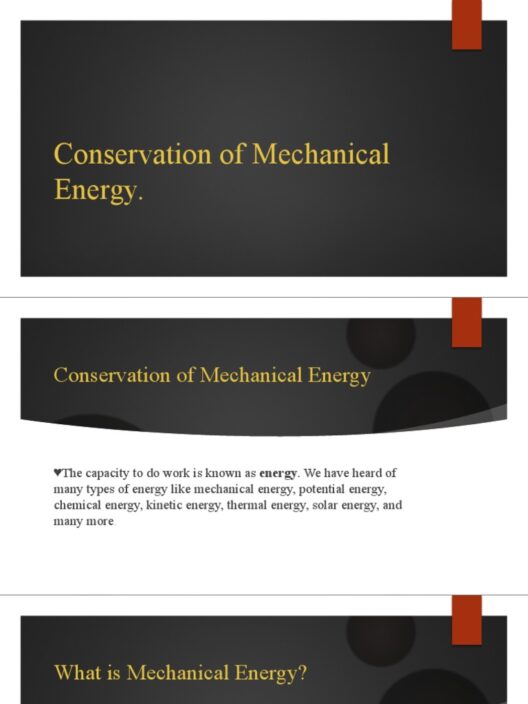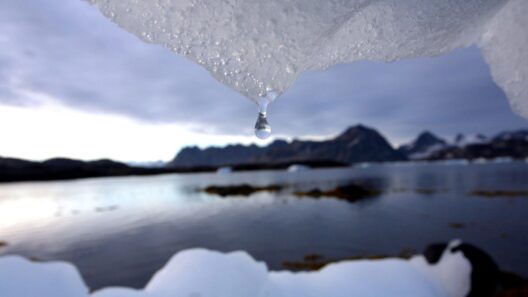Climate change, the relentless force reshaping our planet, carries with it profound implications for the global economy. As the climate warms, it is akin to a colossal bulldozer, systematically clearing the way for new economic landscapes, while leaving the remnants of outdated systems in its wake. This transformation mirrors the ebb and flow of tides—a dynamic equilibrium teetering on the brink of upheaval. Understanding how climate change will reshape the economy requires examination of agricultural paradigms, labor markets, and technological innovations.
At the heart of the economic metamorphosis lies agriculture—a sector as ancient as civilization itself. The prospect of shifting weather patterns, increasing temperatures, and erratic precipitation is akin to playing a game of roulette with crop yields. Farmers are adapting to these whims with alacrity, deploying resilience strategies that reflect their ageless bond with the earth. The cultivation practices that once flourished are being supplanted by more sustainable methods focused on preserving water, enhancing soil health, and fostering biodiversity.
Moreover, the global food system is poised for a seismic shift. Regions once considered agricultural powerhouses may find their fortunes reversing as climate conditions become inhospitable. Conversely, new farming territories may arise in cooler regions—an unexpected opportunity wrapped in the cloak of adversity. This geographical reallocation of agricultural output will necessitate not only a reevaluation of how we produce food but also a reckoning with food security and distribution. As countries adapt to this fluid reality, the probability of food shortages and heightened prices escalates, fueling social tensions.
Labor markets are not exempt from the relentless march of climate change. The workforce of the future must emerge from the chrysalis of traditional economic roles, adapting to new realities necessitated by environmental shifts. Those employed in agriculture, construction, and energy sectors—often the most vulnerable—will find themselves at the frontline of adaptation. As industries pivot from fossil fuels to renewable energies, there will be a significant demand for re-skilling and up-skilling of laborers. This transformation inevitably promises new job opportunities in sectors like solar and wind energy, yet it also bears the weight of potential dislocation for millions.
Infrastructure—a crucial pillar supporting economic stability—also faces unprecedented challenges arising from climate change. Rising sea levels and increasing frequency of extreme weather events compel urban planners to rethink how cities are designed and maintained. Investment in resilient infrastructure has become paramount, akin to fortifying a castle against an unrelenting siege. Retrofitting existing structures, constructing flood defenses, and enhancing transportation networks are essential steps to mitigate disruptions that could cripple economies. As municipalities scramble to adapt, the race for sustainable building materials and innovations in urban planning will catalyze economic opportunities while managing climate risks.
At the same time, the phenomenon of climate-induced migration is interwoven with the economic narrative. As regions become uninhabitable due to rising temperatures, droughts, or hurricanes, the movement of displaced populations will reverberate throughout the global economy. This human displacement, which can be likened to the shifting of tectonic plates, has the potential to create political and social seismic events. Labor shortages in regions facing exodus may counterbalance surpluses in receiving areas, necessitating an adaptable and equitable economic framework to accommodate these shifts.
The forecast extends to technological innovation, often heralded as the beacon of hope amid environmental chaos. As businesses scramble to mitigate their carbon footprints, the push for green technologies fosters a new economic ethos—one that values sustainability alongside profitability. Innovations in carbon capture, energy storage solutions, and electric vehicles are not just technological marvels, but evolution-altering forces. The green economy, once nascent, is now burgeoning, creating a fertile ground for investment and entrepreneurship.
This transition towards sustainable practices does not come without its hurdles, however. The phantom of fossil fuel reliance looms large, entwined with the economic interests of powerful industries and political entities. As nations grapple with the paradox of economic growth versus environmental preservation, the challenge lies in reconciling profit margins with ethical responsibility. The road ahead is riddled with obstacles, demanding visionary leadership and innovative strategies from policymakers and business leaders alike.
In a world where climate change acts as both a catalyst and a crucible, the very fabric of our economies is poised for an upheaval. To navigate this evolution, an interdisciplinary approach will be critical. Economists, environmental scientists, and technologists must collaborate to forge pathways that not only rejuvenate the economy but also ensure ecological sustainability. This necessitates a collective acknowledgment of the interwoven fates of humanity and the planet we inhabit.
In summation, the winds of change—charged with urgency and resilience—are reshaping the economic terrain into one that mandates flexibility and innovation. Old paradigms are crumbling. The immutable demand for sustainable practices presents opportunities, igniting the imagination of entrepreneurs and policymakers alike. The question we must ask ourselves as we embark on this transformative journey is not merely how will climate change reshape the economy, but rather, how will we harness this upheaval to create a more equitable and sustainable world for generations to come?







